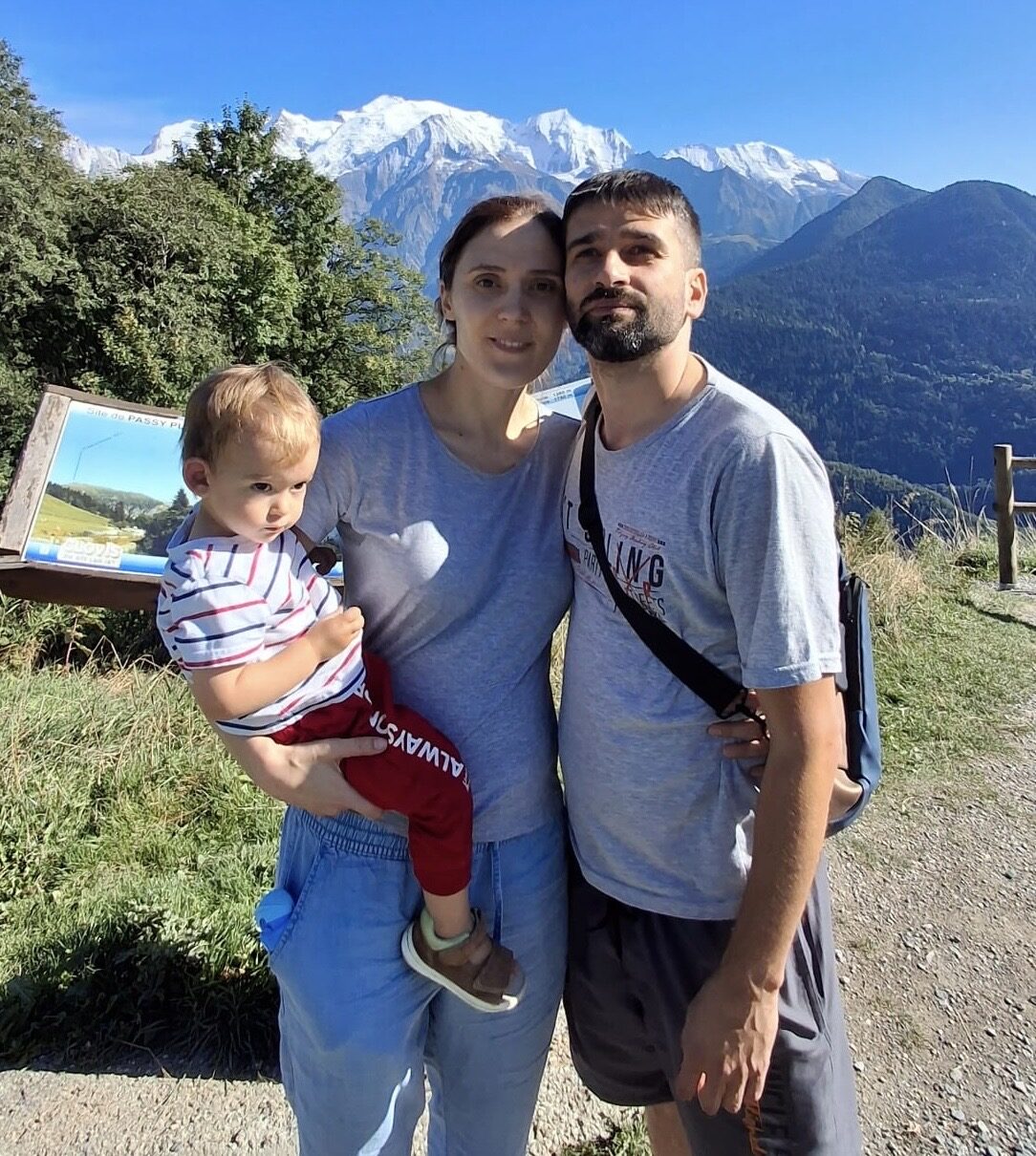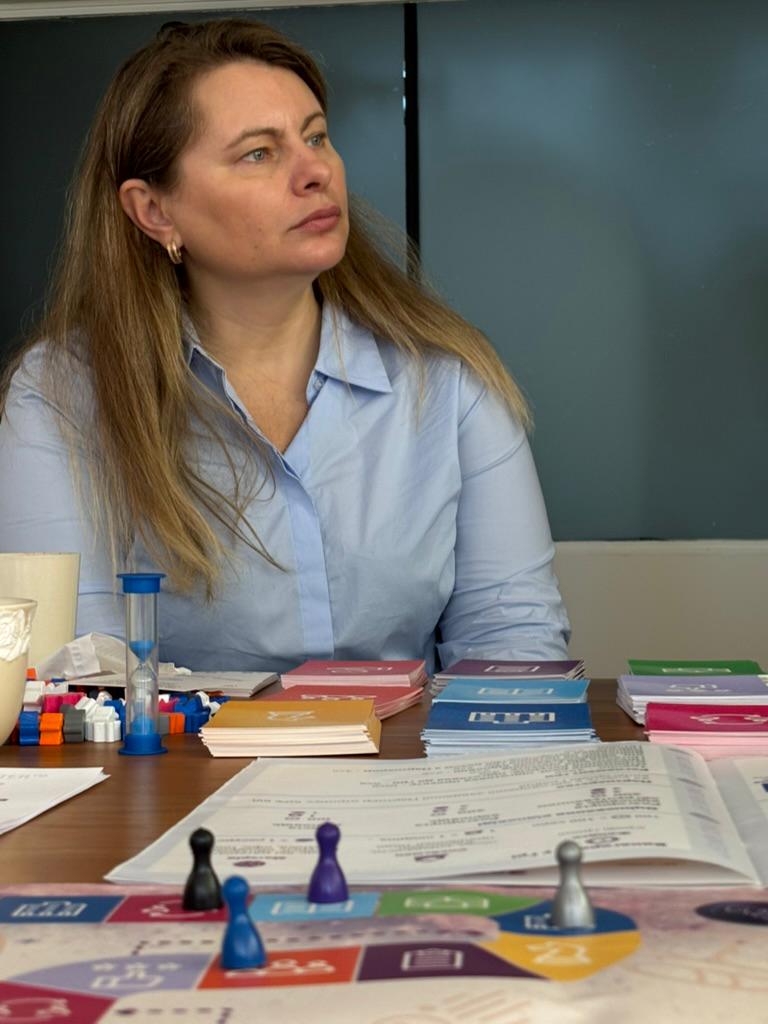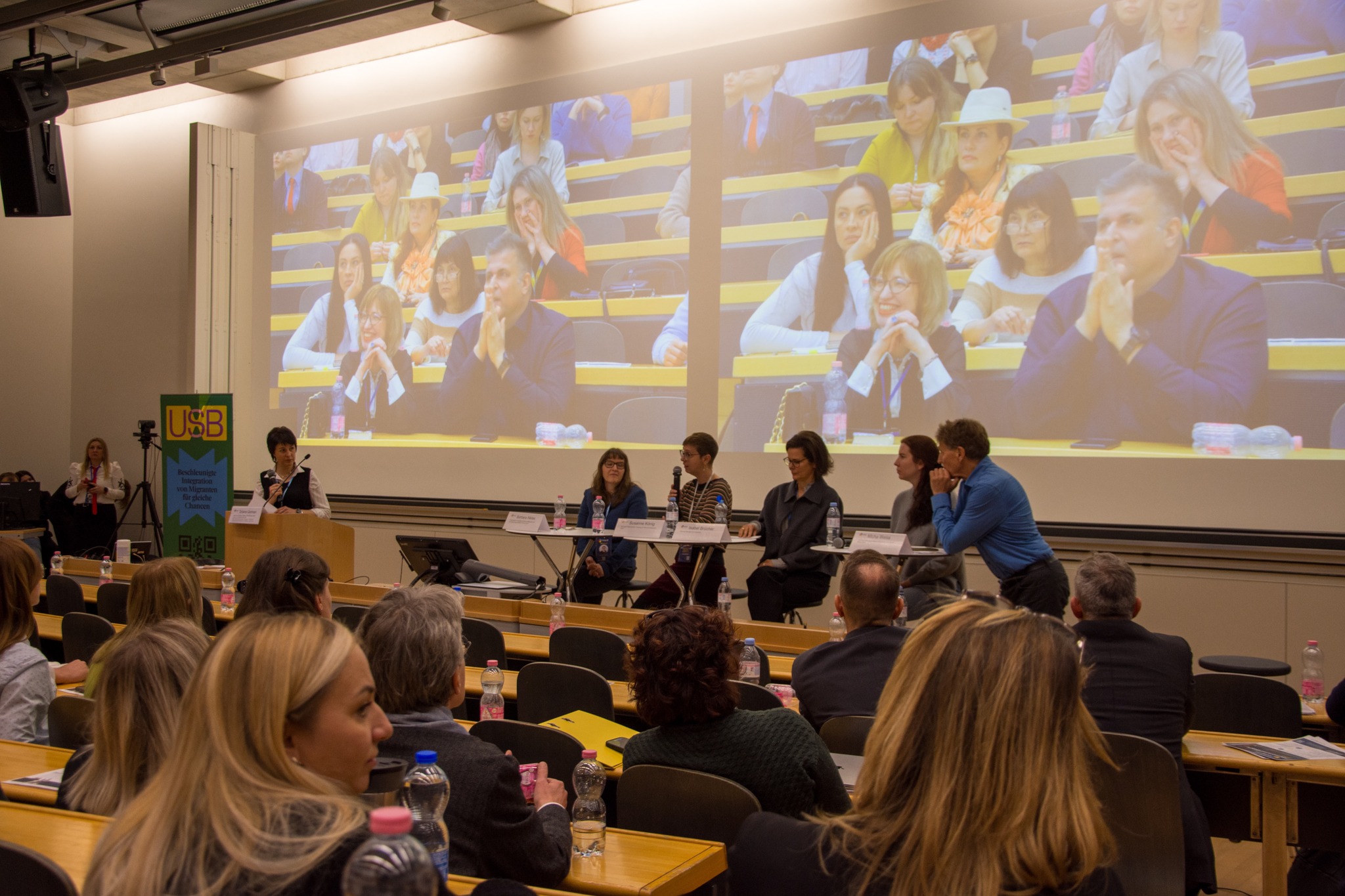Oleksandr Nych came to Switzerland more than two years ago. He is a finance specialist by education, and a manager and entrepreneur in the furniture industry by profession. In Ukraine, he managed a small furniture production and had experience in management positions in various furniture companies.
Learn a language and look for a job at the same time
During his first year in Switzerland, Oleksandr studied German intensively – he completed courses to level B2.1 in 12 months. After that, the social service referred him to RAV, an organization that helps with job search.
“The standard RAV procedure is to get access to the account, send applications. If there is no result in three months, they start offering courses and other programs,” explains Oleksandr.
One of these programs was cooperation with Diaconis, an organization that helps integrate migrants into the working environment. There are almost no Ukrainians there. “And it’s a great merit of RAV that he was invited there,” the man is sure. There, Oleksandr learned how to properly compose a resume, write motivation letters, and pass interviews. In addition, Diaconis organized internships in companies: a person works for free, demonstrating his skills, and then receives a letter of recommendation and a job opportunity.
From storage to furniture assembly
Oleksandr’s first internship was at the furniture company Pfister. At first, he worked in the warehouse and helped with assembly – about 20–30% of the time. This allowed him to maintain his German and communicate with colleagues.
A month and a half later, Diaconis organized a meeting with management, and Oleksandr was offered a job as a furniture assembler directly with clients. “Now I’m constantly communicating with clients, working with a colleague. This is a real job,” he says.
Today he works at a 60% rate with the prospect of moving to full-time, combining work with German courses in Bern.
A realistic approach is the key to success
Oleksandr emphasizes: no one at RAV forced him to go to work, he himself outlined his boundaries and goals. “You have to be realistic. I immediately said: I will not work at the warehouse, because for me this is the end of my career. I want to learn, integrate, go step by step,” he explains.
His strategy worked: thanks to a combination of independence, motivation, and support, Oleksandr Nych got a job that matched his professional experience and future plans. “It’s important not to be afraid to ask for help, but at the same time to set realistic goals for yourself. Then everything works out,” Oleksandr sums up.



